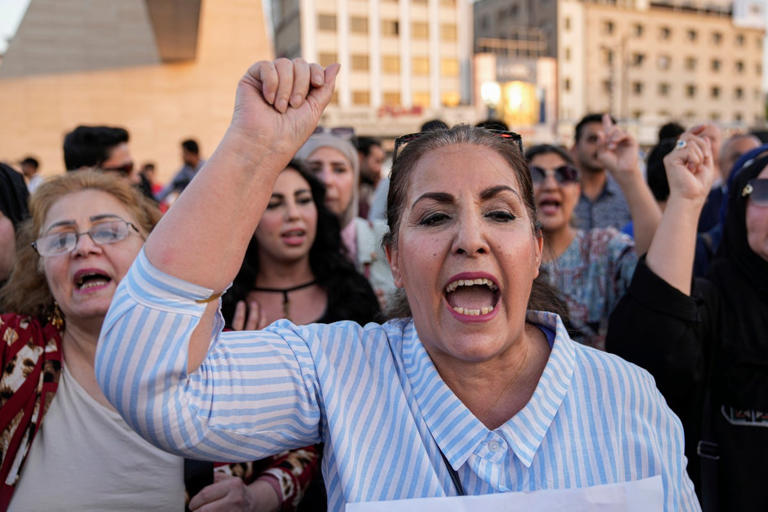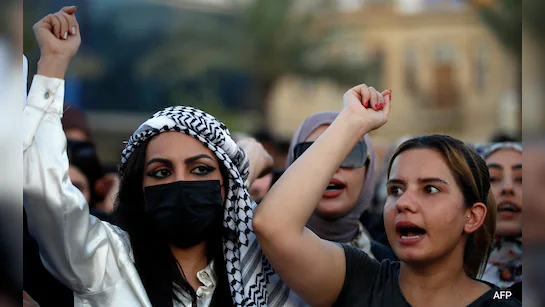The Iraqi parliament has sparked widespread horror and outrage after passing a law that permits children as young as nine years old to marry.
Women’s rights groups and activists are condemning the move, saying it will effectively “legalize child rape”.
What Does the New Law Mean?
The law, which was agreed upon yesterday, gives religious authorities the power to decide on family affairs, including marriage, divorce, and the care of children.
This means that clerics will have the final say in matters that affect women and children, including their right to marry and divorce. The law abolishes a previous ban on child marriage under the age of 18, which had been in place since the 1950s.
Reactions from Women’s Rights Activists
Women’s rights activists and journalists are speaking out against the law, expressing their fears and concerns for the future of women and children in Iraq.
“We have reached the end of women’s rights and the end of children’s rights in Iraq,” said Mohammed Juma, a lawyer and prominent opponent of the law.
Saja Hashim, an Iraqi journalist, added: “The fact that clerics have the upper hand in deciding the fate of women is terrifying. I fear everything that will come in my life as a woman.”
Fears of Retroactive Application
Activists are also worried that the law will be applied retroactively, affecting cases that were filed in courts before it was enacted. This could have serious consequences for women’s rights to alimony and custody.
Raya Faiq, spokesperson for the feminist group Coalition 188, said: “We received an audio recording of a woman crying her eyes out because of the passage of this law, with her husband threatening to take her daughter away unless she gives up her rights to financial support.”
The Reality of Child Marriage in Iraq
Child marriage is a longstanding issue in Iraq, where 28% of girls were married before they turned 18, according to a 2023 UN survey.
Many of these marriages are presented to underage girls as a way to escape poverty, but they often end in failure, bringing lifelong consequences for young women, including social shame and a lack of opportunities due to unfinished schooling.
A Step Backwards for Women’s Rights
Instead of tightening laws against underage marriage and helping girls from poorer backgrounds to complete their education, the new law allows the marriage of minors according to the religious sect under which the marriage contract is concluded.
For Shia Muslims, which make up the majority in Iraq, the lowest age of marriage for girls will be nine years old, while for Sunnis, the official age will be 15.
Opposition to the Law
Opposition to the law is growing, with many MPs and activists speaking out against it. Sajjad Salem, an independent MP, said: “The Iraqi state has never witnessed a decline and profanity that harmed Iraq’s wealth and reputation as we are witnessing today.”
Alia Nassif, a member of the parliament’s legal committee, said that the vote took place without the minimum number of MPs required to pass a law being present and that she and other opponents of the law would be going to the Iraqi federal court to challenge the decision.
A Call to Action
Benin Elias, an Iraqi journalist and women’s rights advocate, said: “I am not shocked. But this is not the time for tears nor surrender to barbaric decisions.”
The passage of this law is a wake-up call for women’s rights activists and advocates around the world to come together and fight against such discriminatory and harmful laws.


